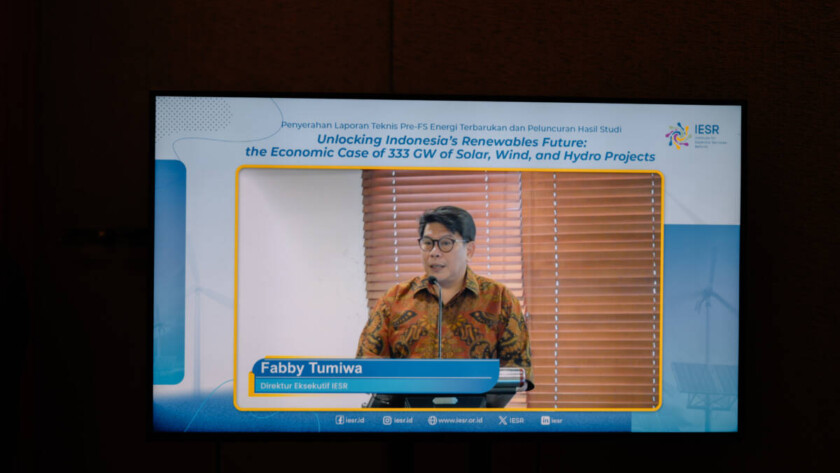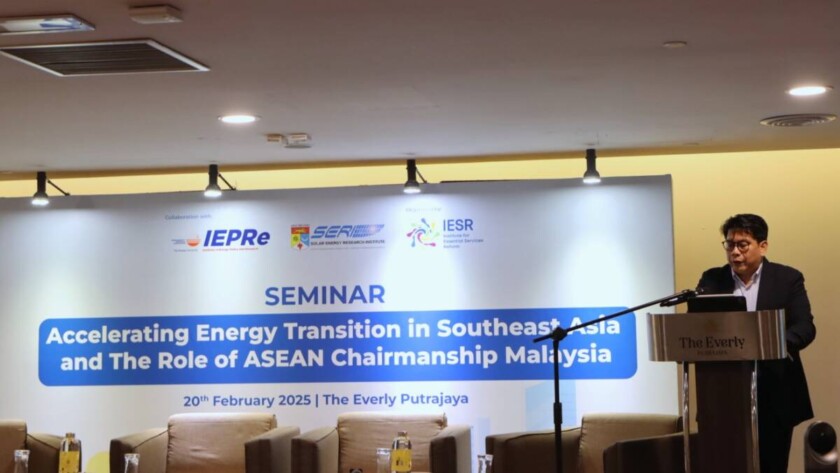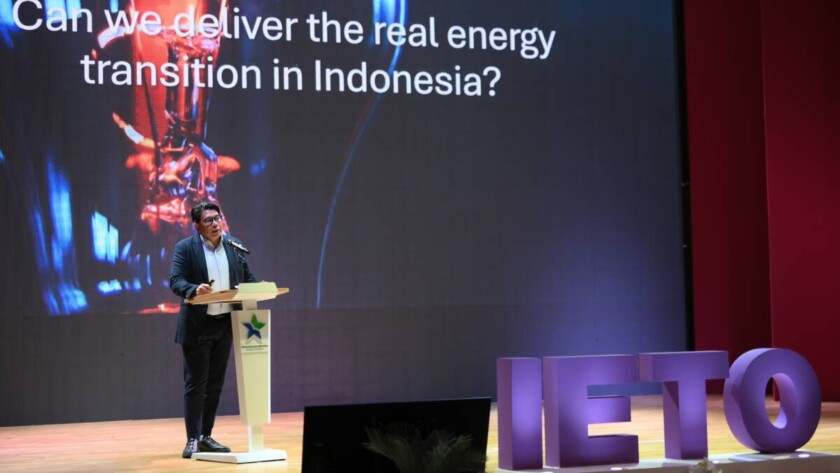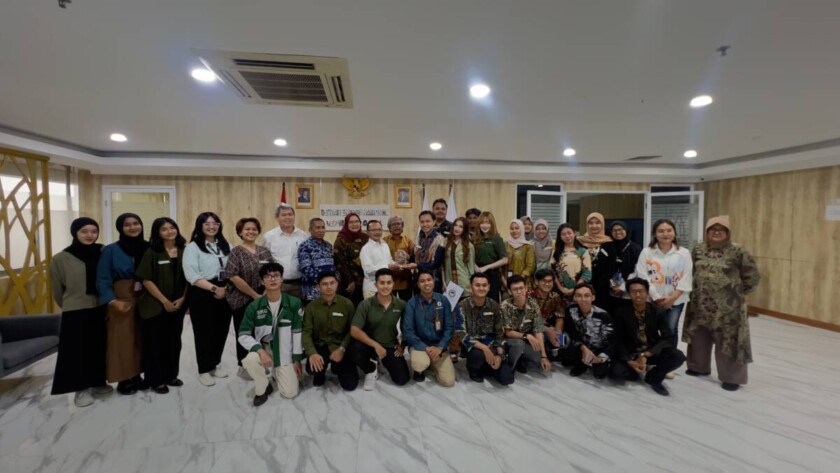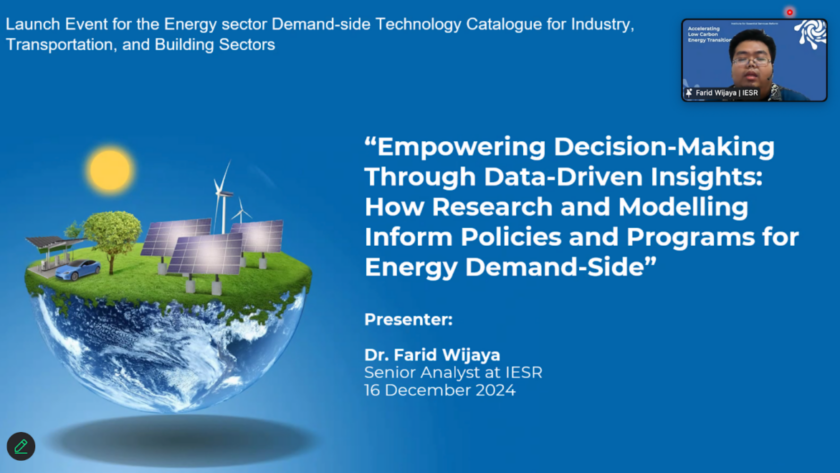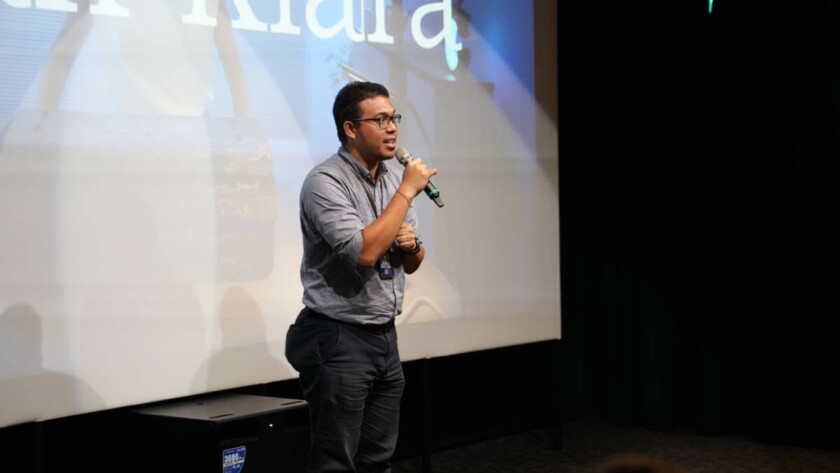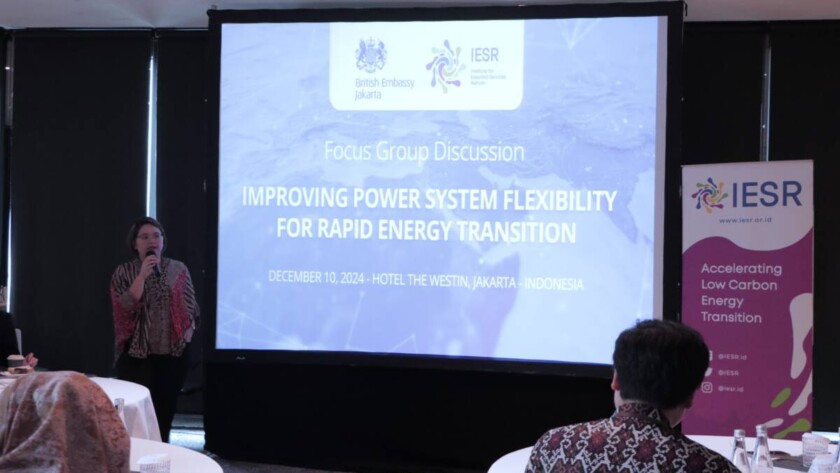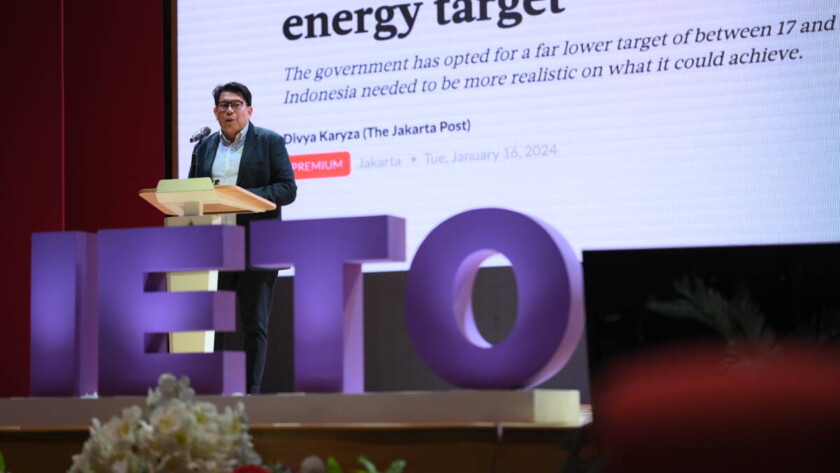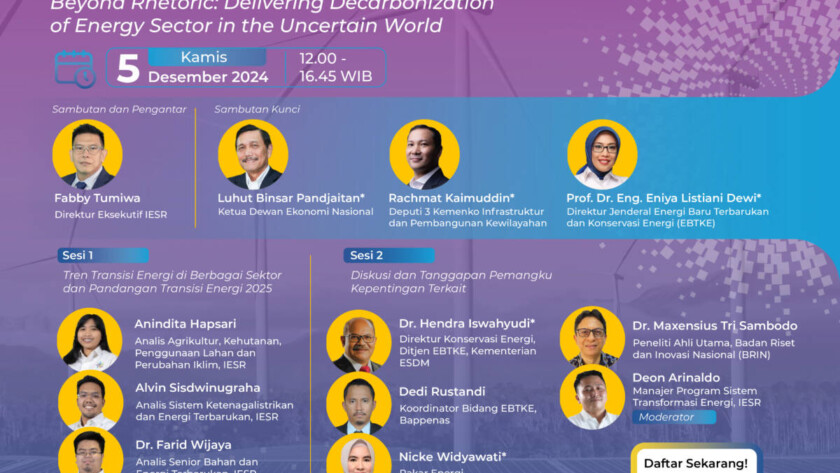Jakarta, February 27, 2025 - The global trend of renewable energy use is increasing massively. This is supported by increasing innovation in renewable energy technology and falling battery prices. However, in the last five years, Indonesia has not shown significant progress in adding its renewable energy capacity. In 2024, the total renewable energy capacity was…
